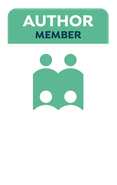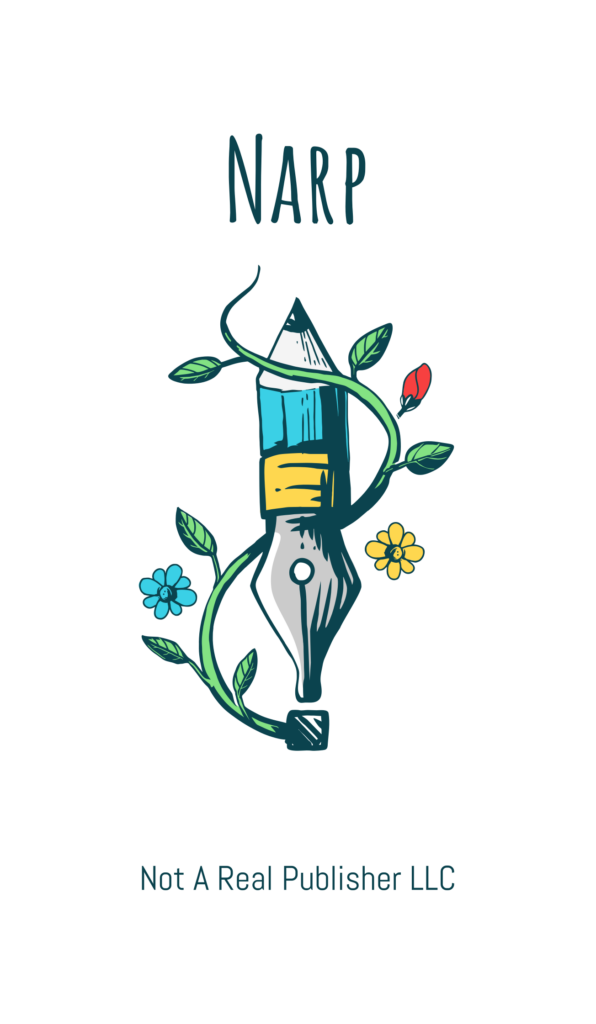That’s a powerful insight—freedom from things represents a universal desire to eliminate constraints, burdens, and threats that inhibit our potential as individuals and societies. It shifts the focus from unbridled liberty to thoughtful liberation, where the emphasis is on creating conditions that enable everyone to thrive without harm or hindrance.
This philosophy suggests that true freedom lies not in the chaos of unrestricted action but in the structured removal of the barriers and forces that oppress and diminish. By defining freedom as “freedom from,” we acknowledge our interconnectedness and shared responsibility to shape a world where harmful forces are eradicated, rather than pursuing self-serving liberties that might infringe upon others.
- Freedom from war: The ability to live without the devastation, loss, and fear caused by conflict and violence.
- Freedom from poverty: A world where everyone has access to the resources needed for a dignified and fulfilling life.
- Freedom from disease: The eradication of preventable illnesses and access to quality healthcare for all.
- Freedom from oppressive government: A society where power is held accountable, and citizens are free from tyranny and authoritarian control.
- Freedom from oppressive religion: The ability to believe or not believe without coercion, judgment, or punishment.
- Freedom from murder: A world where life is respected, and the act of taking it is no longer a reality.
- Freedom from fear: The assurance of safety and peace in daily life, free from threats or intimidation.
- Freedom from hate: A society where empathy and understanding replace prejudice and malice.
- Freedom from ignorance: Access to education and knowledge for all, empowering individuals to make informed decisions.
- Freedom from environmental destruction: A world where humanity lives in harmony with nature, preserving it for future generations.
- Freedom from exploitation: An end to forced labor, human trafficking, and practices that take unfair advantage of the vulnerable.
- Freedom from inequality: Equal rights and opportunities for all, regardless of gender, race, class, or background.
- Freedom from addiction: Liberation from substances or habits that harm health, relationships, and well-being.
- Freedom from isolation: A connected world where no one feels truly alone or forgotten.
- Freedom from prejudice: A society free of discrimination, where people are judged by their character, not their differences.
- Freedom from censorship: The ability to express ideas and access information without fear of suppression or reprisal.
- Freedom from indoctrination: The autonomy to think and believe independently, free from coercion or manipulation.
- Freedom from despair: A life filled with hope, purpose, and opportunities for personal growth and happiness.
- Freedom from bureaucracy: Systems that are simple, fair, and accessible, removing unnecessary barriers to resources and opportunities.
- Freedom from hunger: Universal access to sufficient, nutritious food, ending the pain and injustice of starvation.
- Freedom from surveillance: The right to privacy and autonomy in an increasingly interconnected and digital world.
- Freedom from corruption: A society where integrity prevails, and power is used responsibly for the benefit of all.
- Freedom from stagnation: The opportunity to grow, learn, and innovate without artificial barriers or constraints.
- Freedom from wealth: A society where material excess does not dominate values or relationships, and fairness and sufficiency are prioritized over accumulation.


